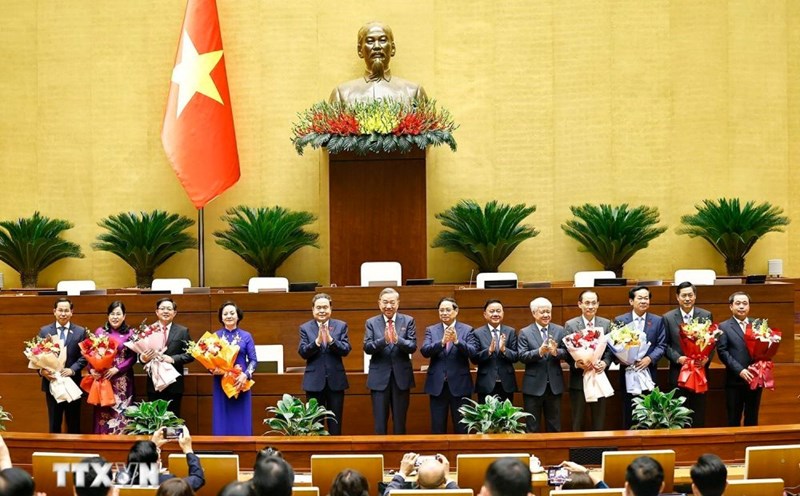Need for transparent data and synchronous policies
Lawyer Pham Thanh Tuan - real estate legal expert believes that, in theory, limiting credit to homeowners from a second home or more is a reasonable solution to prevent speculation, but implementation requires a clear roadmap and conditions.
To apply effectively, there must be two factors: a transparent real estate database and a synchronous policy between credit, interest rates, anti-spoke taxes and housing supply - Mr. Tuan emphasized.
According to Mr. Tuan, currently, land, housing, tax and credit data are still scattered in many agencies and have not been connected. When banks do not have enough information to determine how much real estate a person owns, the policy will be difficult to hit the target. It is necessary to soon complete the legal corridor between related laws such as: Land Law, Housing Law, Credit Institution Law to avoid conflicts.
Mr. Tuan also proposed considering implementing progressive taxation for many homeowners, while considering improving market data as the "backbone" of all policies.
Without clean data, all control mechanisms are only formal, said Mr. Tuan.
Administrative policies should only be a short-term stepping stone
From a financial perspective, Mr. Nguyen Quang Huy - CEO of the Faculty of Finance - Banking, Nguyen Trai University - commented that limiting credit based on the number of houses is only an administrative solution.
A person can buy two apartments worth 5 billion VND, while another can only buy one apartment worth 2 million USD - this difference is huge. Therefore, it is necessary to calculate the value of the property, not just the quantity" - Mr. Huy analyzed.
According to Mr. Huy, the fundamental solution is still to increase supply, especially in the segment of affordable social housing and commercial housing. The 1 million social housing project needs to be promoted more strongly, along with increasing the rate of social housing in commercial projects from 20% to 30% and reforming legal procedures to reduce investment costs. When supply is abundant, housing prices will adjust themselves, instead of having to intervene with administrative measures.
Mr. Huy expects that in the next 2-3 years, housing prices will slow down, moving closer to people's real income.
On the bank's side, it is necessary to be more flexible in appraisal - not only relying on the salary table but also being able to consider electricity, water, internet or social data invoices to comprehensively assess debt repayment capacity. In addition, banks should fix interest rates for the first 12-48 months to help borrowers have a stable financial plan.
Reduce costs, shorten procedures to reduce house prices
Dr. Tran Xuan Luong - Deputy Director of the Institute for Real Estate Market Research and Evaluation (VARS IRE) - said that to stabilize housing prices, it is necessary to reduce input costs and shorten project implementation time.
Land prices, materials, labor, tax fees and administrative procedures all directly affect housing prices. A project lasts 5-10 years, causing costs to increase many times" - Mr. Luong said.
Mr. Luong proposed that the State should cut cumbersome procedures, exempt taxes for construction materials and design standard house models for businesses to choose, avoiding arising design costs.
The seminar ended with a message of unity: To develop the real estate market sustainably, there needs to be coordination between the State - businesses - banks - people. Tightening credit or controlling speculation are both necessary, but only effective when accompanied by reasonable supply, transparent data and humane policies.










